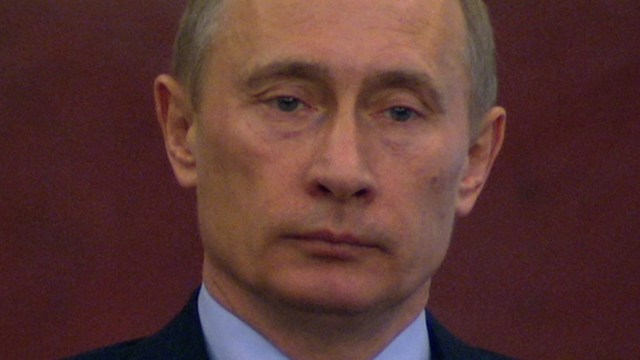Becoming Putin
Vladimir Putin's rise to power
 From little-known spy chief to Russian President, Putin's rise to power has been marked by corruption, violence and now invasion. What led Putin to his current position as a leader disrupting the world order?
From little-known spy chief to Russian President, Putin's rise to power has been marked by corruption, violence and now invasion. What led Putin to his current position as a leader disrupting the world order?
In 1999, Russian President Boris Yeltsin appointed Putin, a little-known KGB spy chief, as his Prime Minister and successor. 'Freedom of speech, freedom of conscience, freedom of media' - these were the principles promised by Putin. Within weeks of his appointment as Prime Minister, apartment buildings in Moscow and other major cities began to be targeted by bombs - sparking a war against the tiny state of Chechnya. Putin was already starting to make his mark. In the early 2000s, crackdowns began on independent media, with independent channel NTV taken over by the state. 'This destruction of free speech will go down in history', warned political opponent Grigory Yavlinsky. By 2011, Russia's last independent newspaper had a shocking tally of murdered reporters; in 2015, Boris Nemtsov, one of Putin's most vocal political rivals, was assassinated. Since then, Putin's presidency has been marred by protests, spurred on by Alexei Navalny, who was poisoned and now is imprisoned. His rule has culminated the invasion of Ukraine: 'He doesn't care about anyone. Any amount of victims is all right for him, as we can see right now in Ukraine', explains exiled journalist Ekaterina Kotrikadze.
FULL SYNOPSIS

